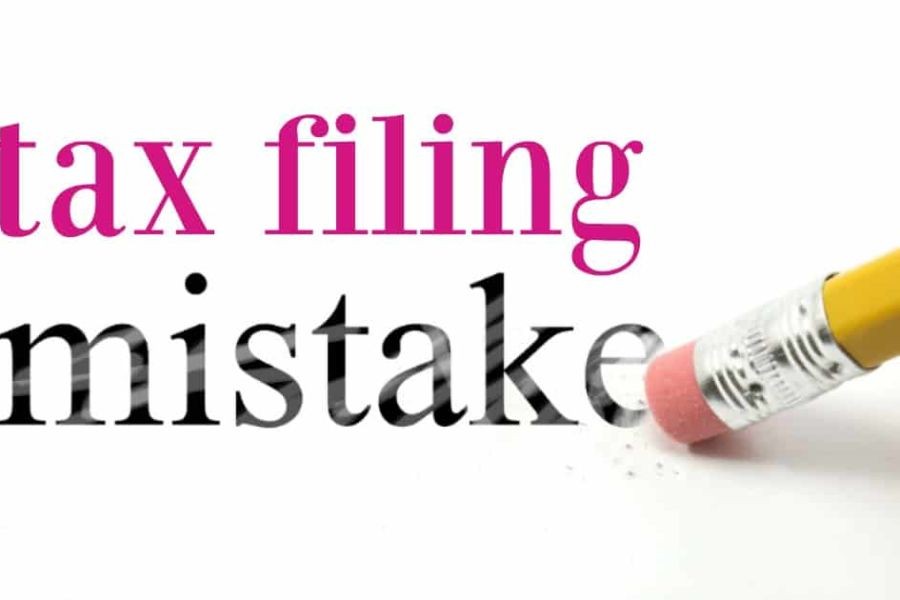In the intricate landscape of Australian taxation, small businesses often find themselves navigating a maze of rules, regulations, and obligations. While the Australian Taxation Office (ATO) provides guidance, the complexity of tax laws can lead to costly mistakes. Understanding these pitfalls is crucial for construction economists and small business owners alike, especially in a country where small businesses are the backbone of the economy, contributing significantly to employment and GDP.
According to the Australian Bureau of Statistics (ABS), small businesses employ nearly half of the workforce and account for about 35% of Australia’s value-added economy. Yet, despite their importance, many small businesses fall into common tax traps that can jeopardize their financial health and operational viability.
1. Misunderstanding Goods and Services Tax (GST) Obligations
GST is a value-added tax of 10% on most goods and services sales in Australia. Small businesses with a turnover of $75,000 or more are required to register for GST. However, many businesses either fail to register on time or incorrectly report their GST, leading to penalties and interest charges.
According to the ATO, common errors include failing to issue tax invoices, not keeping accurate records, and incorrectly claiming GST credits. These mistakes can result in significant financial penalties, making it essential for businesses to understand their GST obligations thoroughly.
Case Study: XYZ Construction – A GST Compliance Misstep
Problem: XYZ Construction, a small business in Sydney, failed to register for GST despite exceeding the turnover threshold. They also claimed GST credits for purchases that were not GST-inclusive.
Action: After an audit by the ATO, XYZ Construction was required to pay back the claimed credits, along with a penalty for non-compliance.
Result: XYZ Construction faced a financial setback, highlighting the need for accurate record-keeping and understanding of GST obligations.
Takeaway: Small businesses must ensure they register for GST when required and accurately report their transactions to avoid financial penalties.
2. Incorrectly Classifying Workers
In Australia, the classification of workers as employees or contractors has significant tax implications. Misclassification can lead to incorrect tax withholding, superannuation obligations, and penalties from the ATO.
According to the ATO, businesses must consider factors such as the degree of control over how work is performed, financial risk, and whether the worker provides their own tools and equipment. Misclassifying an employee as a contractor can result in significant liabilities, including unpaid PAYG withholding and superannuation contributions.
3. Failing to Keep Adequate Records
Record-keeping is a fundamental aspect of tax compliance. The ATO requires businesses to keep detailed records of all transactions, including income, expenses, and asset purchases, for at least five years. Failure to maintain proper records can result in the disallowance of deductions, inaccurate tax reporting, and penalties.
A survey by the Australian Small Business and Family Enterprise Ombudsman found that inadequate record-keeping is one of the most common reasons small businesses face tax audits. To avoid these issues, businesses should invest in reliable accounting software and ensure regular reconciliation of accounts.
4. Overlooking Fringe Benefits Tax (FBT) Obligations
Fringe Benefits Tax (FBT) is a tax paid by employers on certain benefits they provide to their employees. Common fringe benefits include company cars, entertainment, and expense reimbursements. However, many small businesses overlook FBT obligations, leading to unexpected tax liabilities.
According to a report by CPA Australia, many small businesses are unaware of their FBT obligations or incorrectly calculate their liabilities, resulting in substantial penalties. Businesses should familiarize themselves with FBT regulations and consider professional advice to ensure compliance.
5. Ignoring Tax Planning and Advice
Many small businesses in Australia neglect the importance of tax planning and professional advice, which can lead to missed opportunities for tax savings and increased liabilities. Engaging with a qualified tax advisor can help businesses navigate complex tax laws, optimize tax positions, and avoid common pitfalls.
According to the Reserve Bank of Australia (RBA), businesses that actively engage in tax planning and seek professional advice are better positioned to manage cash flow, reduce tax liabilities, and enhance financial performance.
Common Myths & Reality
Myth: "Small businesses don’t need to worry about GST if they don’t reach the threshold."
Reality: Even if not reaching the threshold, understanding GST can prevent future compliance issues as the business grows.
Myth: "Contractors don’t require superannuation contributions."
Reality: Some contractors may be entitled to superannuation, depending on their work arrangements.
Biggest Mistakes to Avoid
- Underestimating the Importance of Record-Keeping: Ensure all financial transactions are accurately documented and stored.
- Neglecting Tax Planning: Regularly review tax strategies with a professional to optimize tax positions.
- Misclassifying Workers: Carefully assess worker relationships to determine correct tax obligations.
Future Trends & Predictions
With the ongoing digital transformation in Australia, tax compliance is expected to become increasingly automated. The ATO is investing in advanced data analytics to identify non-compliance more effectively. By 2026, businesses that leverage digital tools for tax management are likely to experience fewer compliance issues and benefit from streamlined tax processes.
Conclusion
Understanding tax obligations is crucial for small businesses in Australia to avoid costly mistakes. By staying informed, maintaining accurate records, and seeking professional advice, businesses can ensure compliance and focus on growth. Share your thoughts on these tax challenges in the comments below!
People Also Ask
- How does GST affect small businesses in Australia? Small businesses in Australia must register for GST if their turnover exceeds $75,000, impacting their cash flow and pricing strategies.
- What are common tax mistakes for small businesses? Common mistakes include misclassifying workers, poor record-keeping, and ignoring GST and FBT obligations.
- How can small businesses avoid tax mistakes? Engage a tax professional, keep accurate records, understand obligations, and regularly review tax strategies.
Related Search Queries
- Small business tax obligations Australia
- GST and small businesses
- Fringe Benefits Tax Australia
- Record-keeping for small businesses
- Tax planning tips for Australian businesses































